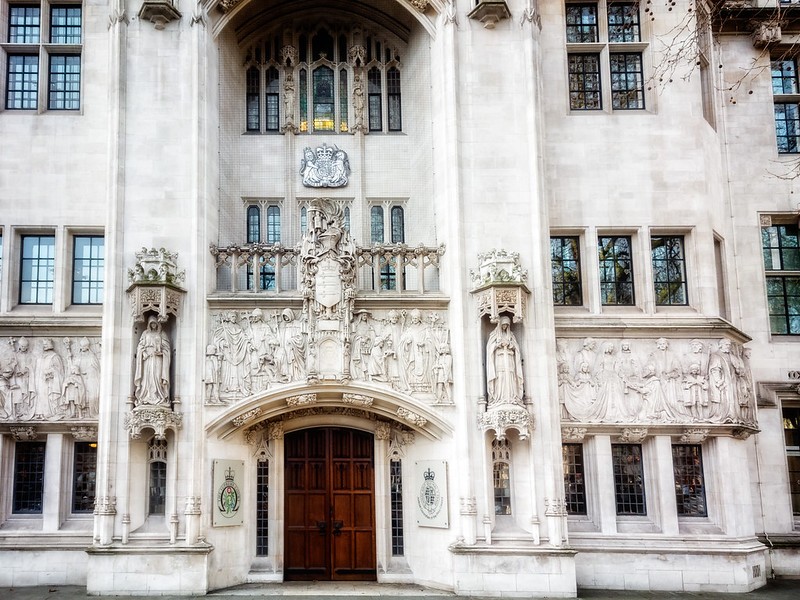Mozambican state-owned companies had taken $2 billion in bank loans from Credit Suisse and the Russian bank VTB to finance development projects in the tuna fishing industry and maritime security.
The hidden loans received the backing of Mozambique government guarantees, which had not been approved by parliament. This means that if the companies do not pay back, the state has to.
Half a billion of the borrowed sum allegedly went missing, and about $200 million were allegedly diverted into bribes and kickbacks.
In 2017, Mozambique defaulted on the loans, plunging one of the world's most indebted countries into a financial crisis. As rumors about the hidden loans began to spread, Mozambique's currency collapsed, and donors like the IMF and World Bank cut off their aid programs.
The tuna bond scandal led to a series of lawsuits in London, New York, and South Africa involving Mozambique's former finance minister, Manuel Chang, executives of the state-owned companies, several Credit Suisse executives, and Lebanese shipping company Privinvest.
Wednesday’s ruling came after a series of arbitration proceedings in Switzerland, which Privinvest initiated in 2019 against the SPVs [special-purpose vehicle – a legal structure that permits several investors to pool their funds and participate in a single company] and Mozambique and which have virtually concluded without a judgment on the merits of Privinvest’s claims, according to the document.
The ruling also states that Privinvest admitted that certain payments were made, but denied that they were bribes or that the company was involved in any conspiracy.
Mozambique has also alleged that Credit Suisse ignored red signs, allowing its bankers to engage in corrupt transactions, while the bank has maintained that three former bankers, who have pleaded guilty in the U.S., concealed their crimes.
In 2021, Credit Suisse agreed to pay $475 million to U.S. and U.K. authorities to settle bribery and fraud accusations.
Between 2013 and 2016, Mozambican state-owned companies, including a tuna fishing venture and a coastal security company borrowed more than $2 billion from Credit Suisse and the Russian VTB bank.
The dispute stems from three transactions between state-owned Mozambican firms and Privinvest, which were funded in part by Credit Suisse loans and bonds and backed by undeclared Mozambican government guarantees, reportedly to boost the fishing sector and improve maritime security.
The loans were packaged as bonds and sold to investors worldwide, after which hundreds of millions of dollars went missing.
The controversy spawned a slew of litigation in London, New York, and South Africa, implicating Mozambique’s ex-Finance Minister, five Credit Suisse business executives, and nearly 20 others, and has driven one of the world’s most indebted countries deeper into economic disaster.
According to a report released by Mozambique’s Center for Public Integrity, the scandal’s consequences caused at least 1.9 million of its people to slip below the consumption-based poverty by 2019 – the biggest number in the country’s history.
A London court ruled earlier this month that Mozambique President Filipe Nyusi cannot be prosecuted in the U.K. for bribery as part of his country’s action against Credit Suisse and others in the “tuna bond” case.



